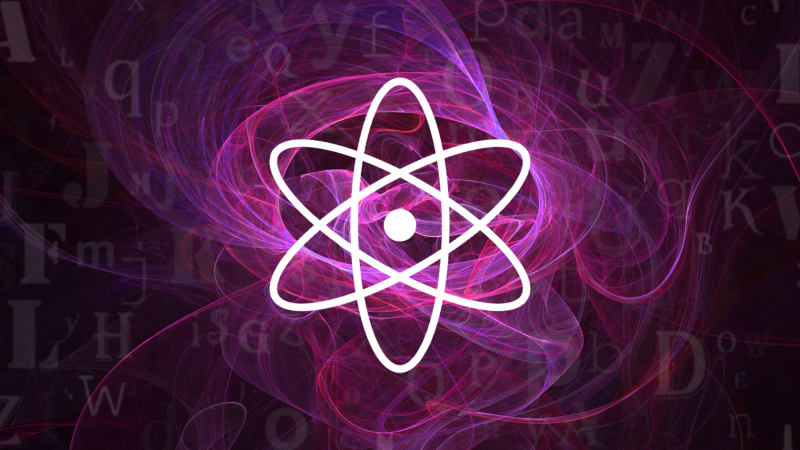A quantum mechanical powered engine for vehicles would revolutionize propulsion by leveraging principles of quantum mechanics, potentially utilizing phenomena such as quantum tunneling, superposition, or entanglement. Unlike conventional engines that rely on combustion or electric current, a quantum mechanical engine could generate power at an atomic level, enabling highly efficient energy conversion without the need for large-scale fuel or battery storage. Quantum tunneling could allow particles to bypass traditional energy barriers, potentially reducing the energy required for propulsion, while quantum superposition might enable simultaneous energy states, maximizing output efficiency. By harnessing energy from quantum fluctuations or vacuum energy, this engine type could tap into a nearly limitless supply of power on demand, pushing the boundaries of fuel independence.
Such an engine would likely be compact, highly efficient, and exhibit minimal heat loss, opening new possibilities for vehicle design and endurance. For aerospace applications, a quantum mechanical engine would be particularly advantageous, as its potential efficiency and compactness could drastically reduce weight, making it suitable for deep-space travel. This could allow spacecraft to operate with minimal refueling needs over long distances or even tap into interstellar energy sources. On Earth, quantum-powered vehicles could drastically reduce carbon emissions and environmental impact, as these engines would likely produce little to no waste. While the concept is still in the theoretical stage, breakthroughs in quantum mechanics and materials science may one day make quantum-powered engines a feasible reality for both terrestrial and extraterrestrial travel.
Like this entry?
-
About the Entrant
- Name:Alex Aldridge
- Type of entry:individual
- Patent status:none

